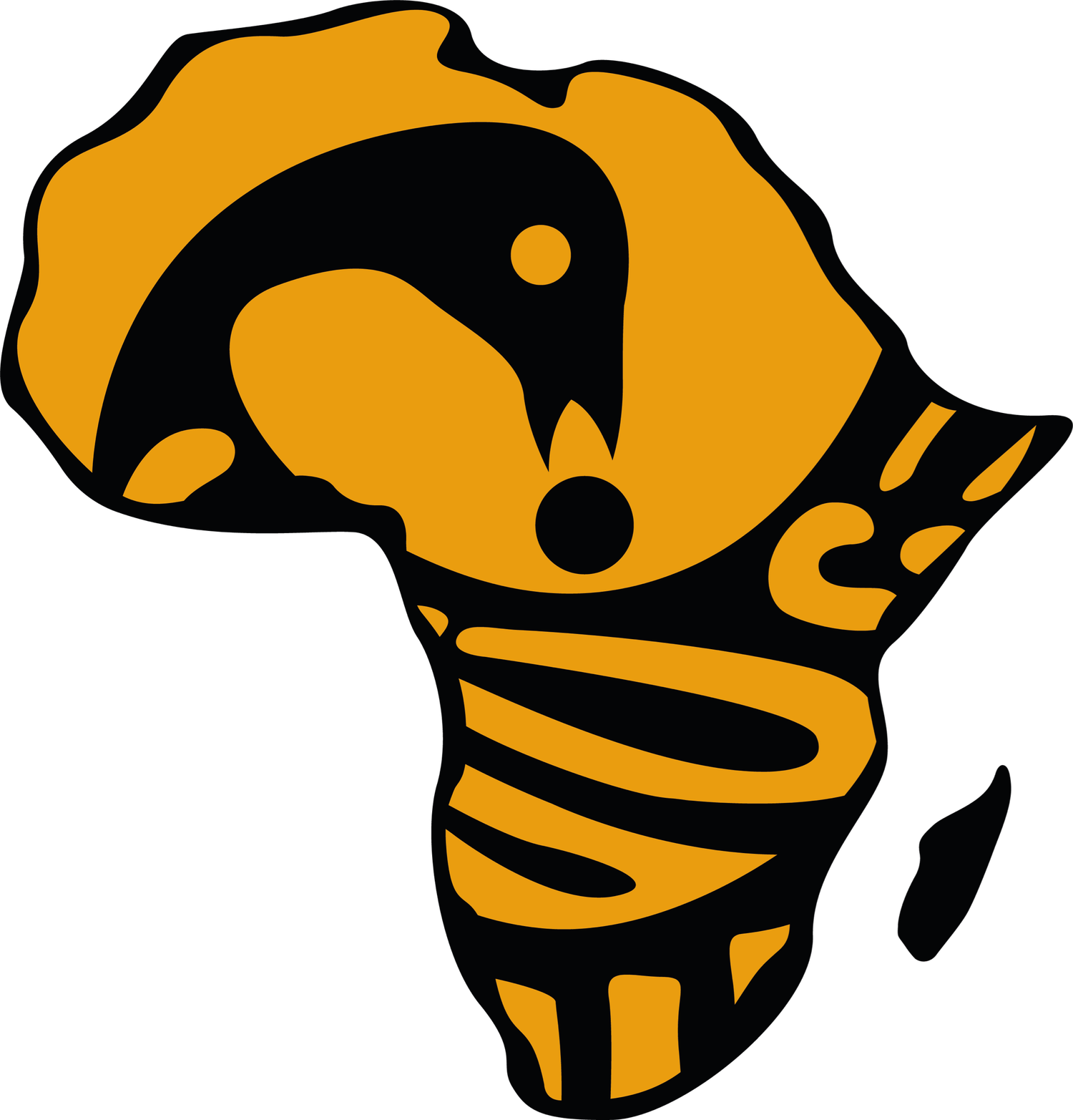Neo-Colonialism
Click here to download this lesson in slideshow format
Welcome to Political Science Level 1, Lesson 1: Neo-Colonialism. If you haven’t studied colonialism before, check out Colonialism Level 1
In this lesson, you will learn about:
What neo-colonialism is and how it works
The flow of wealth from the underdeveloped world to the “developed” world
African and Caribbean countries owing debt for slavery and colonialism
Sanctions
Foreign-backed corruption and dictatorships
What “resource rents” are and the role of transnational corporations
The role of neo-colonialism in masking oppression and exploitation
Objectives
By the end of this lesson you will understand:
How exploitation of resources and labour has a bad effect on people’s lives
How the continued legacy of Trans-Atlantic slavery and colonialism still affect us today
How sanctions prevent self-sufficiency
That Western countries install and assassinate leaders to meet their interests
How neo-colonialism “hides” exploitation and oppression
Nigeria is one of the world's top exporters of crude oil, a substance which is used in cars, planes, boats, and to produce the electricity that powers our homes. Yet 67% of Nigerian people live on less than $1.50 per day.
Congo is a world leading exporter of coltan, a mineral which is used in all electronic devices including our phones and laptops, yet 88% of Congolese people live on less than $1.50 per day.
South Africa is one of the world's top exporters of uncut diamonds, yet 74% of the Black population lives on less than $1.50 per day.
Neo-colonialism is the political system that immediately followed colonialism and the period of so-called African independence. It facilitates the continued exploitation of African, Caribbean and South American countries and ensures that the majority of Black people within these countries remain trapped in poverty.
It was developed by the colonial powers of Europe and the USA. Working together, they imposed economic and political sanctions on African states that were fighting for their independence. Sanctions were essentially financial penalties, plunging many African nations into un-payable debts. Unlike colonialism, these sanctions enabled Western nations to determine the economic and political affairs of the continent without actually being present.
Sanctions prevent African states from developing their own industries within their countries. Developing industry is vital for a country to build a strong economy, as without it a country becomes vulnerable to outside forces. These sanctions allow foreign states and transnational corporations to buy land for extremely cheap prices. The land is then used to grow crops or mine for minerals.
These raw materials are then exported to different countries for manufacturing and refinement, feeding the industries of Europe and ensuring employment for their citizens. The manufacturing and refinement process can increase the value of raw materials by up to 400 times! The finished products made outside of Africa using African resources are then sold back to Africans at high prices. For example, Ghanaian cocoa (the raw material) is exported to make Belgian and Swiss chocolate (the finished product). As sanctions prevent Africans from developing their own methods of manufacture, they are forced into purchasing these products, killing what little industry is left. In this sick paradox, Africa is forced to buy the finished products at expensive prices - even though the products are made from raw materials that come from African land and are acquired by African people!
Politically, neo-colonialism is corruption. “Puppet” leaders are installed as politicians, often through Western-backed military coups. An example of this occurred in Haiti. The US funded and armed Francios Duvalier, a vicious dictator who murdered thousands with his death squads known as the Tonton Macoutes. The Duvalier regime facilitated the theft of Haitian resources by transnational corporations as a huge amount of the Haitian population were forced into labouring for pennies.
Other examples include the assassination of Patrice Lumumba and the installing of Mobutu Sese Seko in DR Congo, the assassination of Thomas Sankara and the installing of Blaise Compaoré in Burkina Faso, and the assassination of Maurice Bishop and installing of Nicholas Brathwaite in Grenada. These leaders, who serve at the whims of external powers, force the people they are supposed to represent into the pits of poverty, all for a tiny share of the profits!
As well as poverty, neo-colonialism breeds conflict. With the majority of the population kept poor, the only real opportunities to gain wealth are through neo-colonial mechanisms. Groups will fight to control resource-rich regions, granting them access to “resource rents.”
Resource rents are small amounts of money paid by corporations in order to access resource-rich lands. These conflicts, instead of being portrayed as an attempt to escape the cycle of poverty, are put down to “ethnic rivalries.” For example, the Rwandan Genocide is spoken of using this term, when in actuality resource rents were a decisive factor, with leaders using ethnicity as a tool to incite hatred.
The money made from resource rents isn’t seen by the masses. Instead, it is hoarded by military groups and governments led by neo-colonial puppets. With the majority of government income being derived from these rents, there is sometimes no need to even tax the population - meaning there is also no need to represent them.
As neo-colonialism appears to be genuine freedom, the corruption within Africa is usually mentioned without any background as to why it exists. Those who are funding and facilitating the corruption remain hidden from view under neo-colonialism, free to continue their imperial exploits without the rest of the world realising the truth.




